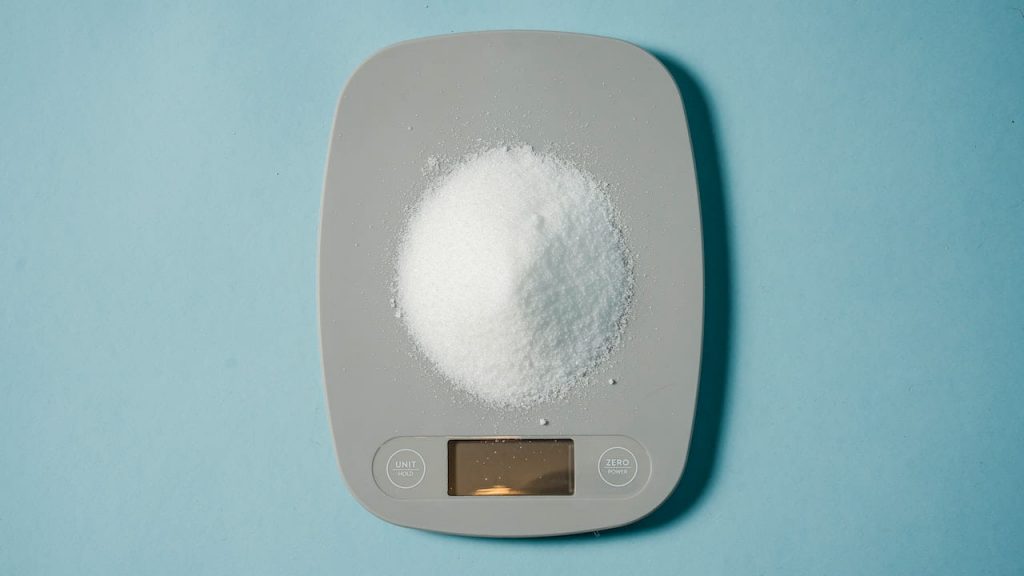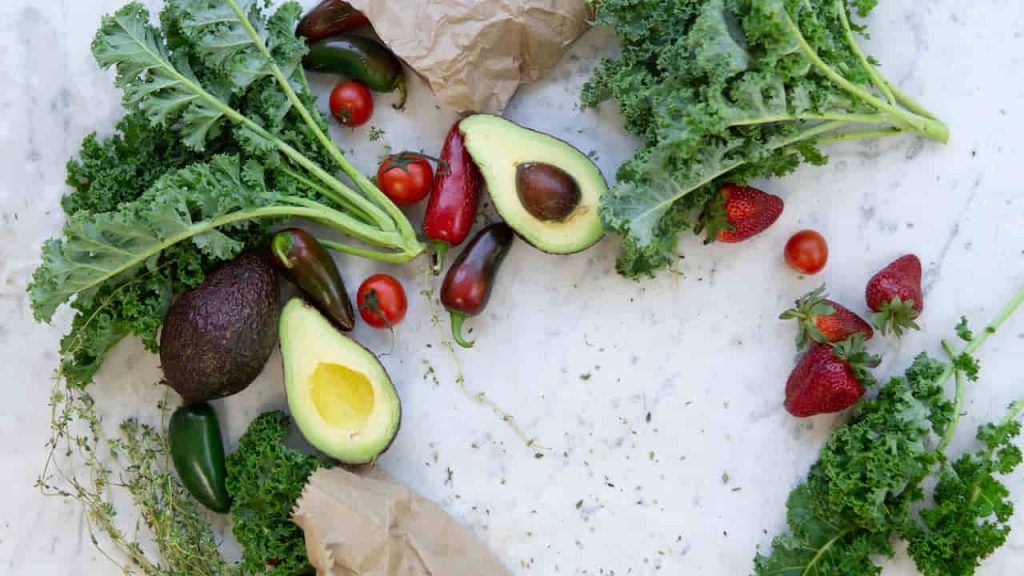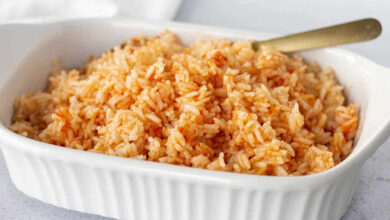Stop Counting Calories: Here’s What You Should Do Instead
Before talking about the “Whys” and “Hows,” let’s know what a calorie is.
A calorie is the amount of heat energy your body obtains from what you eat and drink. Thus, raising the temperature of 1g of water by 1°C.
Food energy consumed is measured in thousands of calories or kilocalories (kcal).
It may also be defined as the quantity of energy required by your body to complete physical actions such as:
- thinking
- breathing
- maintaining your heartbeat
Counting Calories: A Closer Look

Calorie counting is a popular way to manage weight, and the fixation has only been growing.
It’s even moved past nutritional labels — NBC notes that calories on restaurant menus have also emerged to control intake.
Despite the popularity of calorie counting, it’s not beneficial to your health and could do more harm than good.
This article will explain why you shouldn’t count calories and what you can do instead.
What’s the Problem With Counting Calories?
It’s Not Always Accurate
The food packages’ labels aren’t always accurate, so you might eat more calories than you think.
Time reports that the calories on nutrition labels can be off by as much as 20%. You might think you’re eating 180-calorie ice cream, but it could be 215 calories.
These listed calories don’t consider how some foods are digested in our bodies because not all calories in a food portion absorb into your system.
Obsessively keeping track of inaccurate numbers makes this method unhelpful.


It Develops a Harmful Mindset
Constantly monitoring calorie intake can work in the short term, but it’s not sustainable when done for a long time.
Fixating the numbers and labels can cause you to have an unhealthy relationship with food and take the fun and joy out of eating.
Moreover, if you focus on the numbers and not the nutritional value of your food, you could create poor eating habits that aren’t contributing to your health.
This obsession with calories could also develop and aggravate eating disorders and hinder recovery.
The Alternatives to Calorie Counting
Finding a Sustainable Weight Loss Method
Counting calories seems simple, one-size-fits-all, but everyone’s bodies need different requirements based on many factors like weight, age, and lifestyle.
Subscribing to fad weight loss methods like counting calories could work for some, but you might need something else.
Instead, WeightWatchers believes your motivation for weight loss should align with your preferences and be something you enjoy.
If you can find a diet or a weight loss approach that doesn’t make you feel restricted or obligated to follow it, chances are you’ll stick to it.

Additionally, proper hydration and vitamin replenishment are essential components of a successful weight loss routine. Staying adequately hydrated not only aids in metabolism but also helps control appetite, and replenishing essential vitamins through supplements or specialized treatments like Boston IV therapy can provide the necessary nutrients to support your body’s needs during weight loss efforts. Maintaining a balanced approach that considers individualized factors and includes hydration and vitamins is key to achieving sustainable and healthy weight loss goals.

Focus on Nutritional Value
You might think that 100 calories of chips and veggies are equal, but only one boosts your health and provides you with adequate nutrition.
Instead of looking at the calories only, consider the rest of the nutritional label and what these foods offer. Take note of protein, fiber, carbohydrates, sugar, and more—these elements will give you more insight into the food’s health factors and how they can benefit you.
Focusing on other nutritional aspects can give you more freedom in your food choices and open you up to new dishes or cuisines.
If you’re still worried about the calories or nutritional value of your meals, you can find ways to prepare them to improve your well-being.
Check out our Mexican-style rice au gratin recipe for a great example of making a staple food into a well-balanced dish.
Last Words
It’s better to rely on more than calories to measure how wholesome a food item is.
You should consider your nutritional needs and focus on meeting them in every meal you prepare and consume!
